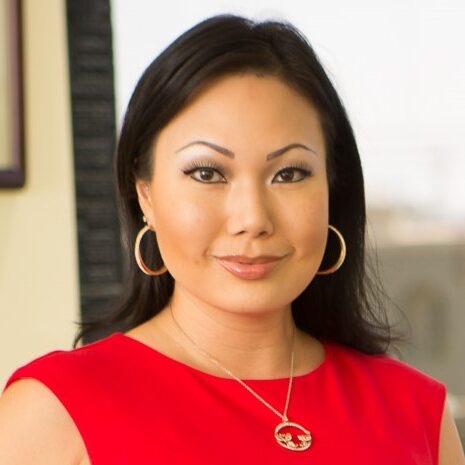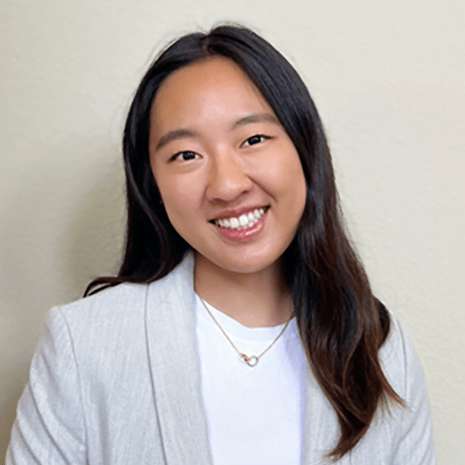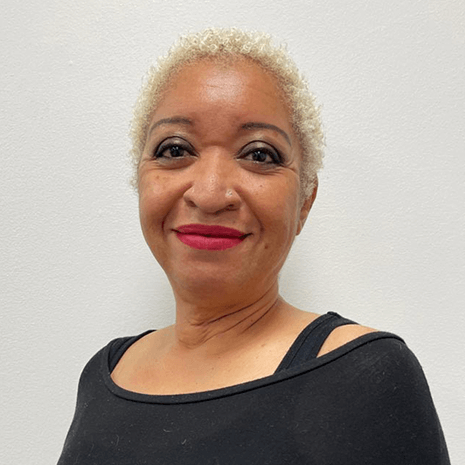Our Mission 🚀
Shaping young minds to navigate the world with curiosity, resilience, and an ‘I Can’ attitude.
Led by Dr. Jenny Yip with over 20 years of experience, our team at Little Thinkers Center uses thinking games to guide children in overcoming developmental hurdles and reaching milestones. We focus on crafting personalized plans to foster holistic growth and authentic self-confidence in each child.
At the core of our approach is respect for each child’s unique developmental stages and differences. We cultivate an “I Can” attitude in a nurturing environment, encouraging divergent thinking and problem-solving beyond rote memorization. This approach enhances decision-making skills, fostering genuine self-confidence.
Cultivating Emotional Intelligence
In our nurturing, inclusive environment, we go beyond cognitive skills to foster emotional intelligence in each child. We believe this holistic development approach enhances their ability to form authentic relationships, manage emotions, and empathize with others, enriching their overall learning experience.
Encouraging Lifelong Learning
At Little Thinkers Center, we aim to instill a love for learning that goes beyond the classroom. Our engaging thinking games provide a foundation for children to become self-directed learners. This passion for knowledge, paired with their newfound problem-solving skills, sets them up for long-term success and a continuous journey of discovery.
”Play is the work of childhood
Jean PiagetThe Theory of Cognitive Development
Meet the passionate minds behind Little Thinkers Center
Our team is a dynamic blend of expertise and passion, each member dedicated to fostering child development. With unique insights and a shared commitment to nurturing children’s full potential, our team forms the backbone of the enriching environment at Little Thinkers Center.



